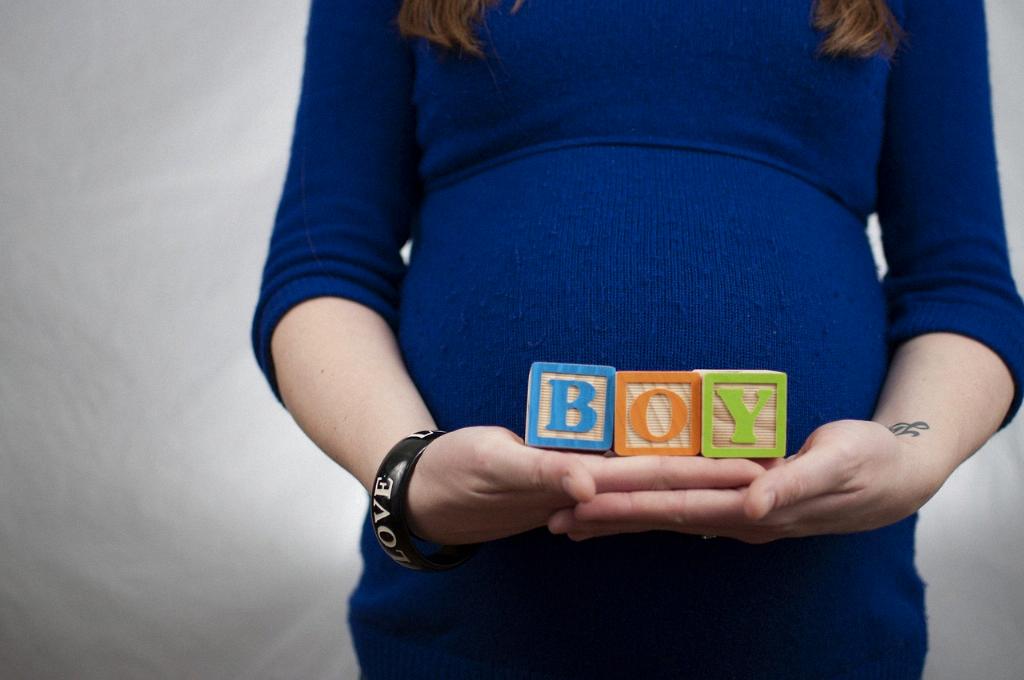During pregnancy, many women experience a range of sensations and discomforts as their bodies undergo significant changes to accommodate a growing baby. One common sensation reported by expectant mothers is the pricking sensation in the vulva, often referred to as “lightning crotch.” This sharp and sudden pain can be alarming for some, but it is typically not a cause for concern.
Lightning crotch is described as a sharp, shooting pain that can occur throughout the vagina or pelvic region. It is often compared to a jolt of electricity, hence the name. This sensation is usually fleeting and may come and go without warning. While it can be uncomfortable, it is generally considered a normal part of pregnancy.
Expecting mothers are most likely to experience lightning crotch later in the third trimester, when the baby has grown larger and has descended into the pelvis in preparation for birth. The pressure from the baby’s positioning and movements can sometimes lead to nerve compression or stretching, causing the pricking sensation in the vulva.
Although lightning crotch can be intense and unexpected, it is typically not a sign of labor or a serious complication. It is more commonly attributed to the normal physiological changes that occur during pregnancy. However, if the pain is persistent, severe, or accompanied by other concerning symptoms, it is important to consult with a healthcare provider for further evaluation.
Some women may find that certain activities or movements exacerbate the pricking sensation in the vulva. It is not uncommon for lightning crotch to occur when changing positions, walking, or engaging in physical activity. Resting, changing positions slowly, and practicing gentle pelvic exercises or stretches may help alleviate discomfort.
Additionally, the hormonal changes that occur during pregnancy can contribute to increased sensitivity in the pelvic area, potentially intensifying the sensation of lightning crotch. As the body prepares for childbirth, the ligaments and muscles in the pelvis may also experience increased strain, which can manifest as sharp or shooting pains.
While lightning crotch is not typically a cause for alarm, it is essential for pregnant individuals to prioritize self-care and listen to their bodies. Staying hydrated, maintaining good posture, and using supportive tools such as maternity belts or pillows can help alleviate discomfort and reduce the frequency of pricking sensations in the vulva.
It is essential for expectant mothers to communicate openly with their healthcare providers about any unusual or persistent symptoms they may be experiencing during pregnancy. By sharing details about the pricking sensation in the vulva, healthcare professionals can offer personalized guidance and support to ensure a healthy pregnancy journey.
Ultimately, every pregnancy is unique, and the experiences of lightning crotch can vary from person to person. While discomforts such as the pricking sensation in the vulva may be challenging to manage at times, knowing that they are often a normal part of the pregnancy process can provide reassurance to expectant mothers.
In conclusion, the pricking sensation in the vulva during pregnancy, also known as lightning crotch, is a common occurrence experienced by many women as they progress through the third trimester. While the sharp and sudden pain may be surprising, it is typically not a cause for concern and can be managed with self-care strategies and open communication with healthcare providers.

